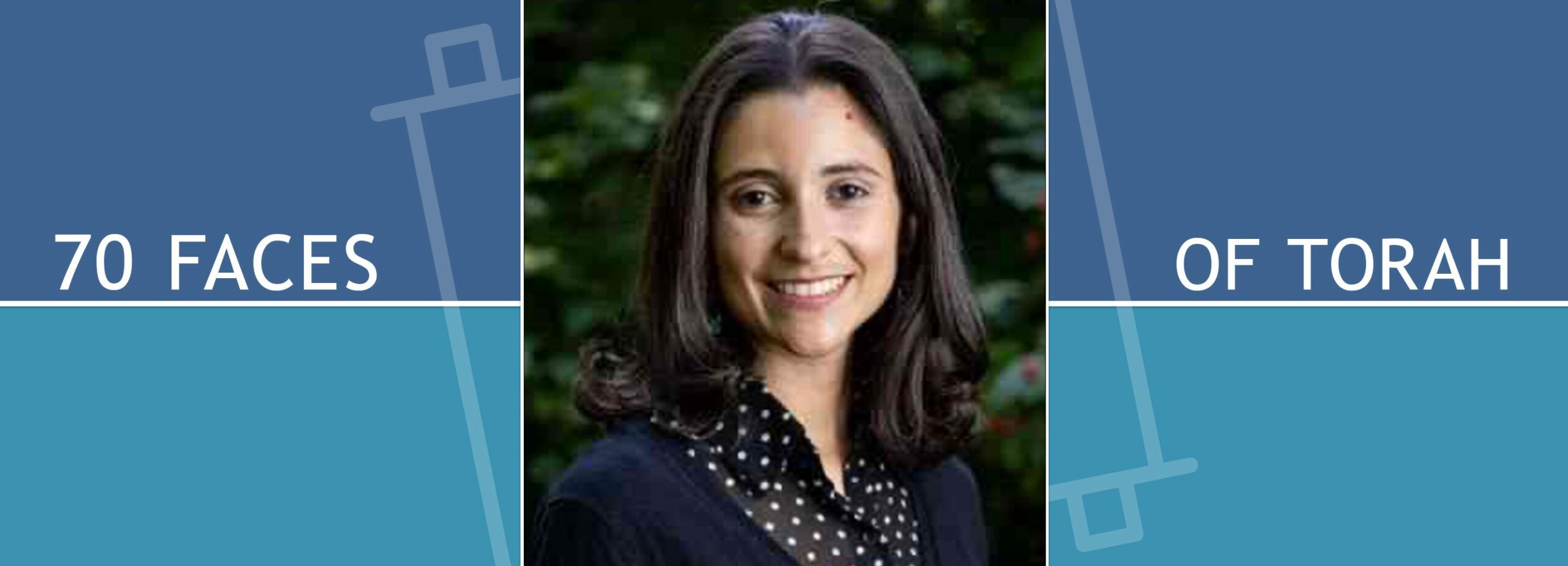Jewish learning Invitation to Holiness

Parashat Kedoshim (Leviticus 19:1-20:27)
Parashat Kedoshim is beautiful and very full. There is much to see on the surface. In just two chapters of Leviticus, we are told to care for the poor, to be honest, to never take revenge nor bear a grudge. We are told when and how to give sacrifices, keep Shabbat, and what we are permitted to eat. We are told how to guard relationships, how to treat our animals and how to harvest our fields. This portion contains what Rabbi Akiva tells us is the core message of the Torah: “Love your fellow as yourself” (Leviticus 19:18). Generations of Jews have sought to understand and live by these commandments.
Yet if we read this portion purely as a code of conduct, we might miss the holiness. Because in the midst of these busy verses, we encounter a direct introduction from God.
The words Ani Adonai (“I am God”) appear 20 times in this portion. That sounds hard to miss, but the repetition can lead us to mistake the invitation for mere punctuation. Yet if we read this portion with the right intention, an entirely new message emerges and we find ourselves immersed in an invitation to holiness. God is speaking directly to us—and in the first person. Once you see this, it becomes hard to ignore. God is inviting us to live a life that is about more than just following rules and doing what is right. We are being invited into a relationship with the divine.
Rashi comments on several of the 20 introductions from God and no two comments are the same. Sometimes Rashi thinks “I am God” is a warning—a reminder that God can and will punish. Sometimes it is a promise of reward—“I am God” and therefore you can depend on me to keep you safe. Sometimes “I am God” is a reminder that God knows everything, even our deepest secrets. And sometimes it is a reminder that we are never truly alone. For Rashi, the meaning of this phrase changes depending on which commandment is being given in the same breath.
The same is true in our lives. Each revelation of the divine carries its own flavor and meaning. The God we experience in difficult moments is different from the God we experience in joyful ones. The God we encounter at the edge of a waterfall is different from the God revealed to us when we cradle a newborn baby. The God who emerges in a moment of deep guilt is different from the God we feel when a loved one dies. To know the God of Kedoshim is to understand God as ever-changing. What God is shifts, depending on what we are doing and what we have to learn in each moment. To live a life of holiness is to see that each moment of our lives brings a unique opportunity to experience the sacred.
This invitation is not separate from the laws that govern our behavior. It is directly intertwined with them. Parashat Kedoshim teaches us that every action we take, in every area of our lives, is an opportunity to see and seek holiness. All we have to do is look.
Please email the author if you’d like to share feedback.
Rabbi Avi Killip is the executive vice president at Hadar. A graduate of Hebrew College Rabbinical School, Avi also holds bachelors and masters from Brandeis University. She was a Wexner Graduate Fellow and a Schusterman Fellow. Avi teaches as part of Hadar’s faculty and is host of the Responsa Radio podcast. Avi lives in Riverdale, NY with her husband and three young children.

